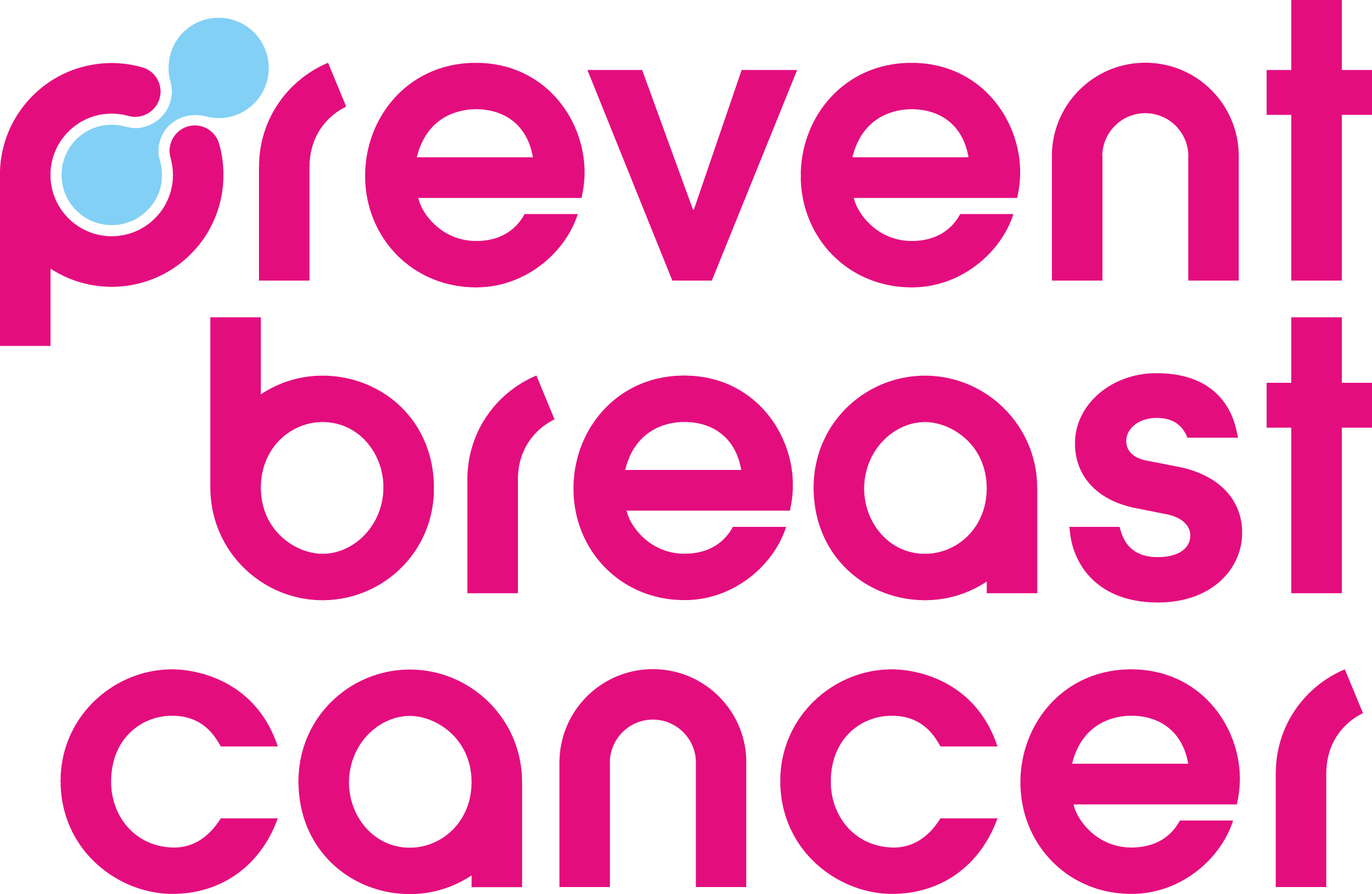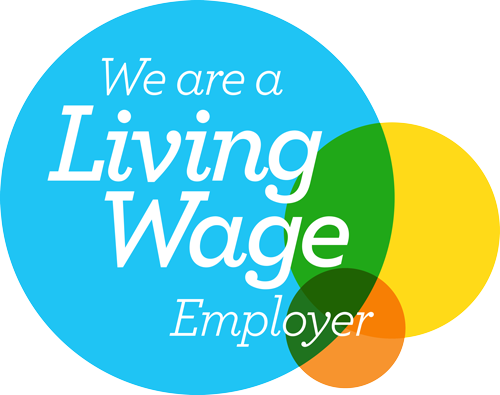A recent study suggested having a higher BMI during childhood may lower your risk of developing breast cancer. We spoke to award-winning research dietitian, Dr Michelle Harvie, to explore this claim.
It is a well-known fact that heavier women are at a higher risk of developing breast cancer after the age of 35 years, especially post menopause. Gaining 3 stone during this period of time can even double your risk of being diagnosed with the disease, compared to someone who remains the same weight.
However, a number of studies have made the observation that heavier girls aged 7 – 13 years old experience lower cases of breast cancer later in life. One of these studies, which took place in Denmark, specifically stated that girls with a higher body mass index (BMI) during childhood are less likely than their peers with a lower BMI to develop breast cancer as adults, both before and after menopause.
This study’s lead author, Dr. Dorthe Pedersen, said
“Our results suggest that having a higher BMI during childhood may lower your risk of breast cancer both before and after the menopause. But we must be really clear that weight gain should not be considered as a way of preventing breast cancer.”
Award-winning research dietitian, Dr Michelle Harvie comments:
“The findings of this study are paradoxical. We know that being heavy in childhood at a young age is certainly not optimal for health. However, it is thought that heavier girls have different levels of hormones, which make them less susceptible to developing breast cancer later in life.”
Prevent Breast Cancer certainly does not advocate for being overweight in childhood as a legitimate preventative measure. Being heavy at any point in life has negative effects for overall health and well-being. Specifically, heavier children are at a higher risk of developing other cancers including cancer of the bowel, womb, kidney, and non-Hodgkin’s lymphoma. Overweight children can also start to develop risk factors for heart disease such as high blood pressure or diabetes, and may experience emotional of psychological issues. Lastly, heavier children often end up being heavier adults, and have more health problems later in life. This includes having a shorter life expectancy than their thinner peers.
Overall, the effect of childhood weight on breast cancer risk is interesting. Our research at the Prevent Breast Cancer research unit is looking at drugs which may mimic the effects of higher weight in adolescence/young adulthood by lowering progesterone levels.
You can find out more about Diet and Lifestyle and its impact on breast cancer risk here.
About Prevent Breast Cancer
Prevent Breast Cancer is the only UK charity entirely dedicated to the prediction and prevention of breast cancer – we’re committed to freeing the world from the disease altogether. Unlike many cancer charities, we’re focused on preventing, rather than curing. Promoting early diagnosis, screening and lifestyle changes, we believe we can stop the problem before it starts. And being situated at the only breast cancer prevention centre in the UK, we’re right at the front-line in the fight against the disease. Join us today and help us create a future free from breast cancer. If you have any questions or concerns, email us today.
About Prevent Breast Cancer
Prevent Breast Cancer is the only UK charity entirely dedicated to the prediction and prevention of breast cancer – we’re committed to freeing the world from the disease altogether. Unlike many cancer charities, we’re focused on preventing, rather than curing. Promoting early diagnosis, screening and lifestyle changes, we believe we can stop the problem before it starts. And being situated at the only breast cancer prevention centre in the UK, we’re right at the front-line in the fight against the disease. Join us today and help us create a future free from breast cancer. If you have any questions or concerns, email us today.




